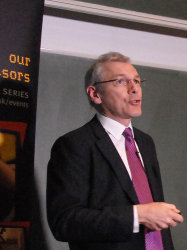BibTex format
@article{Mootoovaloo:2020:mnras/staa2102,
author = {Mootoovaloo, A and Heavens, AF and Jaffe, AH and Leclercq, F},
doi = {mnras/staa2102},
journal = {Monthly Notices of the Royal Astronomical Society},
pages = {2213--2226},
title = {Parameter Inference for Weak Lensing using Gaussian Processes and MOPED},
url = {http://dx.doi.org/10.1093/mnras/staa2102},
volume = {497},
year = {2020}
}

